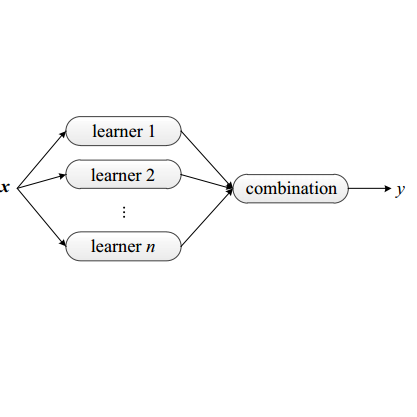Due to the immense potential of quantum computers and the significant computing overhead required in machine learning applications, the variational quantum classifier (VQC) has received a lot of interest recently for image classification. The performance of VQC is jeopardized by the noise in Noisy Intermediate-Scale Quantum (NISQ) computers, which is a significant hurdle. It is crucial to remember that large error rates occur in quantum algorithms due to quantum decoherence and imprecision of quantum gates. Previous studies have looked towards using ensemble learning in conventional computing to reduce quantum noise. We also point out that the simple average aggregation in classical ensemble learning may not work well for NISQ computers due to the unbalanced confidence distribution in VQC. Therefore, in this study, we suggest that ensemble quantum classifiers be optimized with plurality voting. On the MNIST dataset and IBM quantum computers, experiments are carried out. The results show that the suggested method can outperform state-of-the-art on two- and four-class classifications by up to 16.0% and 6.1% , respectively.
翻译:由于量子计算机的巨大潜力和机器学习应用程序所需的大量计算间接费用,变量分类器最近对图像分类产生了很大的兴趣。VQC的性能受到中度量子计算机噪音的危害,这是一个重大障碍。必须记住,由于量子脱节和量子门不精确,量子算法中出现大量误差率。以前的研究已经研究到在常规计算中使用混合学习来减少量子噪音。我们还指出,由于VQC信任分布不均,古典混合学习中的简单平均集成可能不利于NISQ计算机。因此,在本研究中,我们建议,通过多元投票优化共同量分解器。在MNIST数据集和IBM量子计算机上,进行了实验。结果显示,所建议的方法可以比二类和四类分类的状态分别高出16.0%和6.1%。



